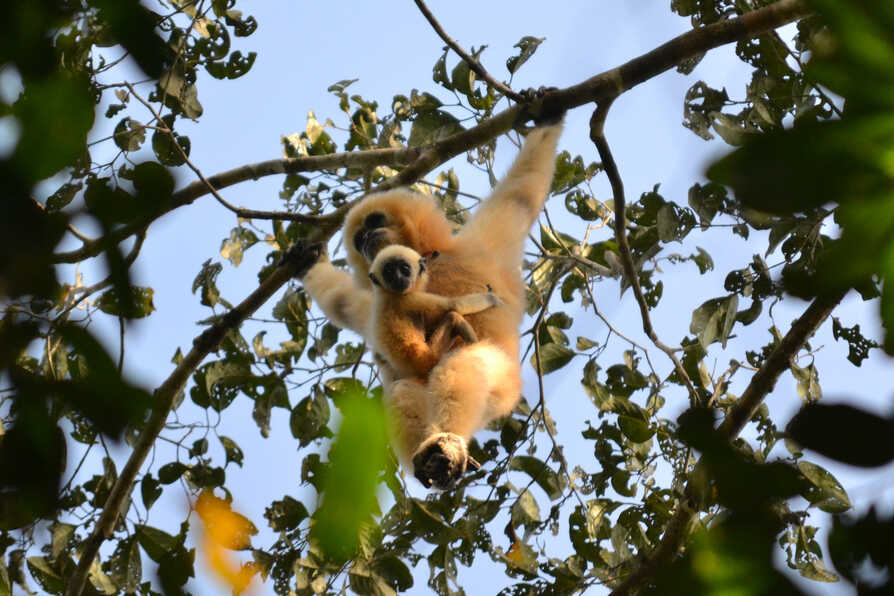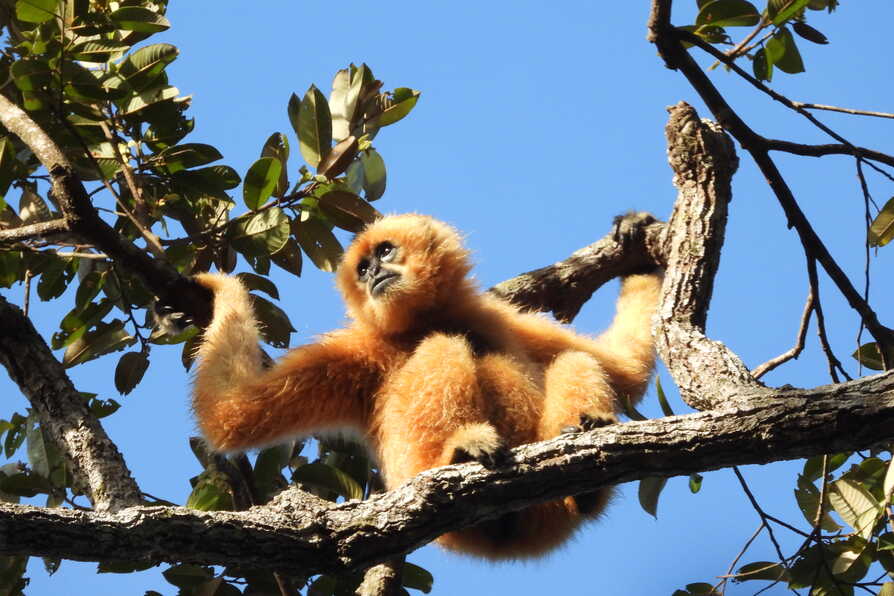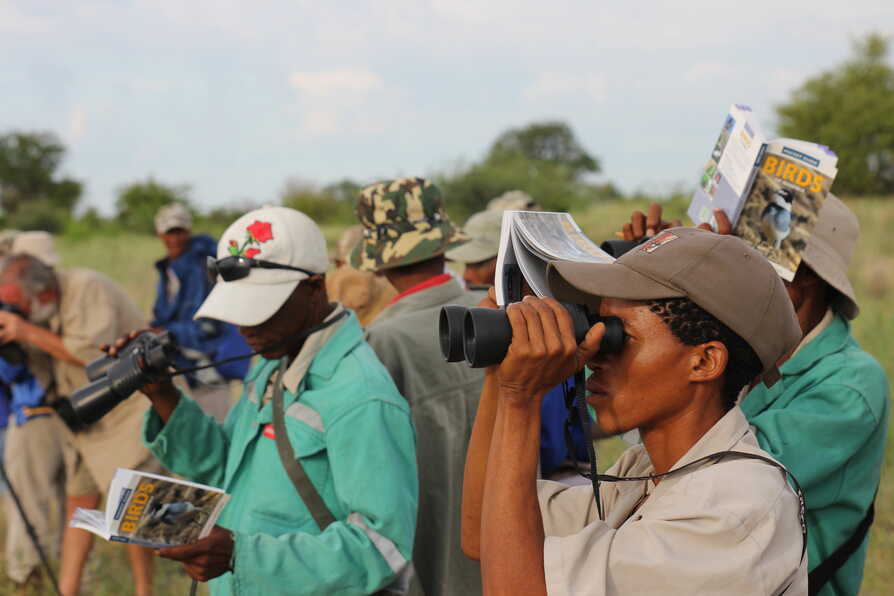- TUI Wildlife Namibia supports 580 jobs and trains over 100 people to enhance indigenous community-based conservation
- TUI Wildlife Cambodia protects 11 Endangered and Critically Endangered species through biodiversity monitoring and sustainable livelihood development, including eco-tourism
- Initiatives are part of the international TUI Wildlife programme, which protects endangered wildlife and habitats in destinations around the world
Protecting threatened species through nature-based tourism: TUI Care Foundation partners with IUCN to launch TUI Wildlife programmes in Namibia and Cambodia

Berlin, 19 June 2025. The TUI Care Foundation is partnering with the International Union for Conservation of Nature (IUCN) to support the conservation of endangered species through nature-based tourism projects in Namibia and Cambodia. The Foundation is supporting IUCN Save Our Species to fund and deliver two community-based tourism projects that will both protect threatened species and ensure positive outcomes for local communities.
Stewart Maginnis, Deputy Director General, IUCN said, “Collaborations like this one show the importance of diverse partnerships in achieving global nature goals and positive outcomes for both local and indigenous communities. They are the stewards of much of our delicate natural world and it is vital that they are recognised and treated equitably as partners in its protection.”
Thomas Ellerbeck, Chairman of the Board of Trustees of the TUI Care Foundation added: “This groundbreaking partnership is part of our global Wildlife programme and highlights the transformative power of tourism in conservation. By integrating conservation activities with sustainable tourism, we are fostering a symbiotic relationship where both nature and local communities thrive. This initiative not only safeguards endangered species but also transforms local communities into active participants and beneficiaries of conservation.”
The Nyae Nyae and N≠a Jaqna nature conservancies are managed by the Indigenous San communities in north-eastern Namibia. These communities steward more than 18,000 km² of savannah, habitat for many threatened species, including elephants, lions, leopards, and rhinos. Whilst the conservancies play a critical role in monitoring threatened species and managing their habitat, they also face major challenges, including a lack of resources and livelihood opportunities. TUI Wildlife Namibia supports a three-year scheme to strengthen the biodiversity conservation capacity of the conservancies through training, diversifying income opportunities and developing sustainable, nature-based tourism projects.
Sustainable tourism will create job opportunities for locals, as wildlife guides, hospitality managers and tourism operators. This, in turn, supports greater environmental awareness about the importance of the work of the conservancies and scales-up resources for local communities to participate and benefit from nature conservation.
In Cambodia, Veun Sai Siem Pang National Park is a biodiversity hotspot, home to many threatened species like the endangered northern yellow-cheeked crested gibbon. However, the park faces growing threats like deforestation driven by poverty. Through TUI Wildlife Cambodia, communities will be trained in conservation activities, including species population monitoring, to improve the protection and management of this unique biodiversity hotspot.
Collaborating with local tour guides, the project will help to develop ecological tourism opportunities, with guided tours and environmental education workshops, which in turn generate more income and opportunities for community-based conservation. Critical to its success, the two-year project engages local communities to ensure that habitats for threatened species are conserved and communities benefit.
Both projects are part of TUI Care Foundation’s TUI Wildlife Programme, which protects endangered wildlife and habitats in tourist destinations worldwide.





